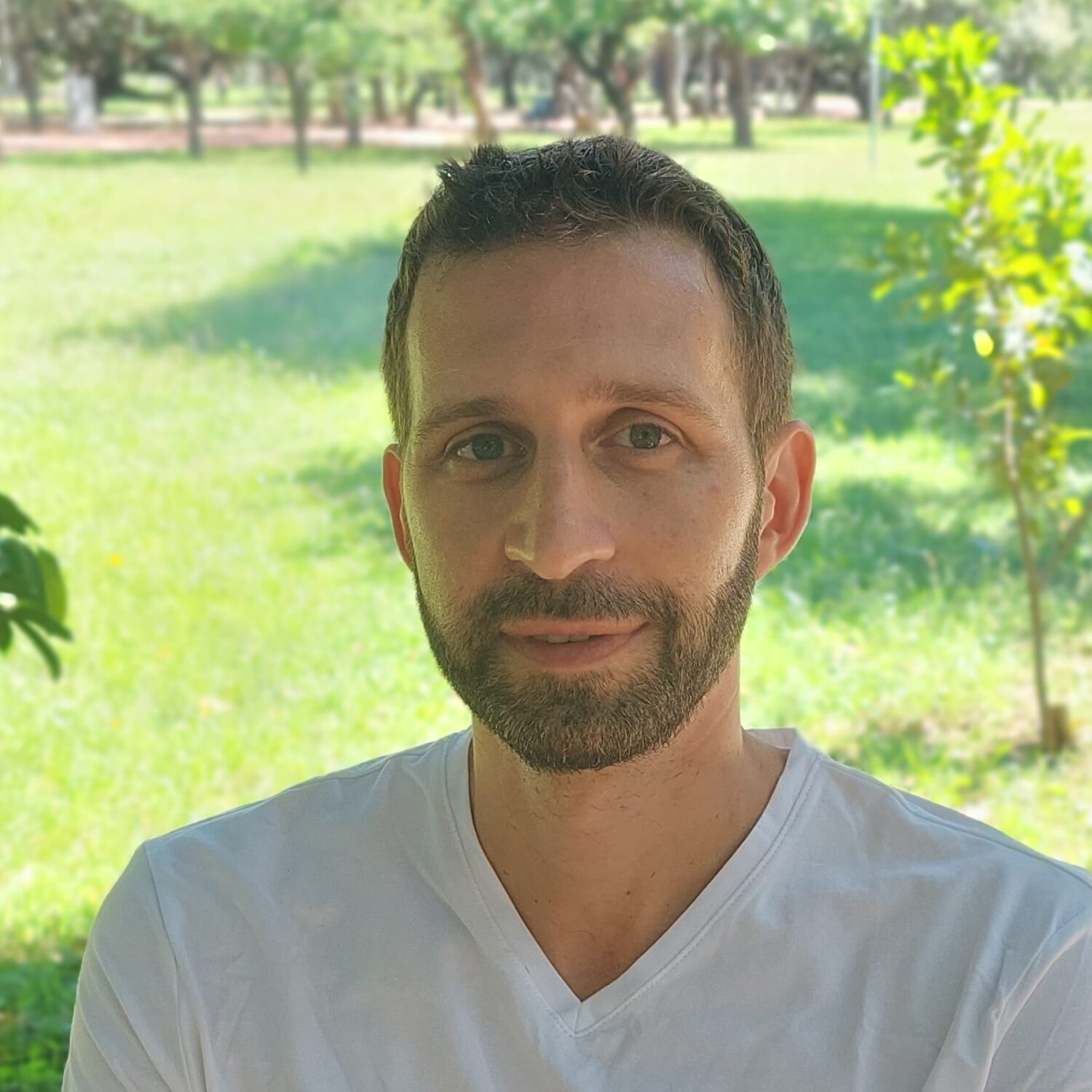Project: Title: Ambiental / Indigenous and Environmental Journalism Program
The Indigenous and Environmental Journalism Program (PPIA) is a journalism training program for indigenous youth, lasting two years and focusing on human and nature rights. The PPIA aims to train communicators inside and outside the indigenous territories who can inform the complex in a simple way.
The initiative is the result of a partnership between the International Work Group for Indigenous Affairs (IWGIA), the Legal and Social Support Organization (ORE) and the Private University of Santa Cruz de la Sierra (UPSA). Currently, the Program is attended by 15 students from the Guaraní, Guarayo, Quechua, Mojeño Trinitario, Monkoxi and Afro-Bolivian peoples.
The PPIA is taken four times a week on the UPSA Campus and the students who live in the territories do so synchronously through the virtual platform. The teachers have extensive experience, and their curriculum includes subjects such as Indigenous Journalism, Chronicle Workshops, Indigenous Law, Knowledge Dialogue, Environmental Communication, Political Ecology, Journalism and Gender, and Radio and Podcast Workshops.
Through an intercultural approach, the PPIA brings diverse indigenous cultures from all over Bolivia into dialogue. The training of indigenous journalists who can report in their own languages and create their own media favors the strengthening of their communities, their struggles, their self-governments and their news agendas.
Damián Andrada was born in 1986 in Buenos Aires and currently lives with his family in Santa Cruz de la Sierra. Damián is a Senior Technician in Journalism at the TEA School and has a degree in Journalism from the Universidad Del Salvador (USAL). Later he graduated with a Master’s in Political Science and Sociology from FLACSO Argentina and is currently a Ph.D. candidate in Social Sciences from the University of Buenos Aires (UBA).
For more than 10 years, he has dedicated himself to teaching journalism, communication, epistemology, and history in institutions such as FLACSO Argentina, the Universidad Del Salvador, the Universidad del Museo Social Argentino, the Instituto de Formación Técnica Superior N°6 and the Bachillerato Popular. Raymundo Gleyzer. He is also the compiler of the book “Towards an indigenous journalism” and coordinator of the Research Group “Indigenous Peoples, State, and Power” (PIEP).
After moving to the Plurinational State of Bolivia in 2019, he became the General Editor of Debates Indígenas. This is a digital magazine that addresses the struggles, conquests, and problems of indigenous peoples from the perspective of the territories and communities, the knowledge of academia, and the commitment to activism. Three years later, he launched the Program for Indigenous and Environmental Journalism (PPIA) with the International Work Group for Indigenous Affairs, the ORE Organization, and the Private University of Santa Cruz de la Sierra.


